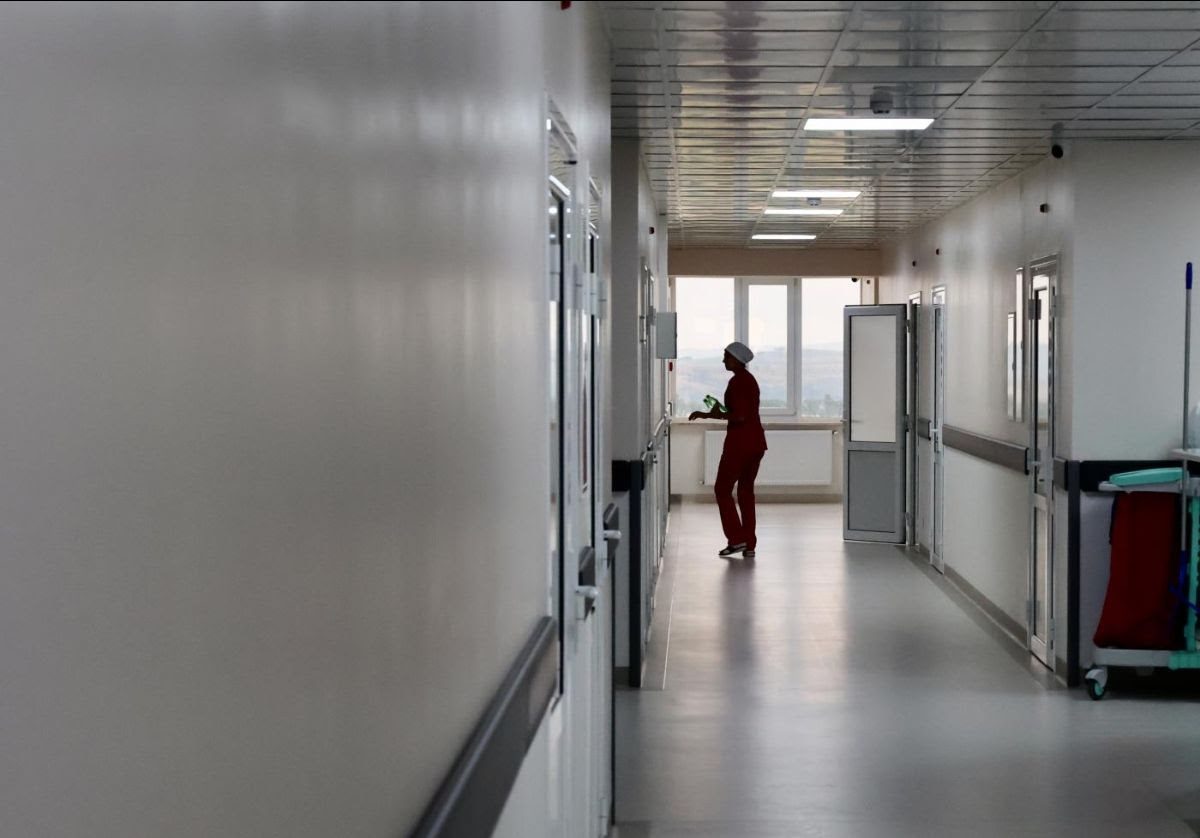| The World Council of Churches (WCC) Commission of the Churches on Health and Healing held its fourth meeting, mapping its future in what its leaders defined as “a new world order.” |
|
 | | St Luke's clinic operated by Banchen monastery in the Chernivtsi region of Ukraine. Photo: Ivars Kupcis/WCC |
|
Each of the commission’s working groups offered an update, and the entire body reiterated the urgent call to act on public health.
In his welcome and introductory address to the online meeting, held 20 March, Rev. Dr Kenneth Mtata, WCC programme director for Life, Justice, and Peace, reflected that the World Health Organization estimates that approximately half of the world's population—around 4.5 billion people—lacks access to essential health services, meaning that they have to face financial hardship to access critical healthcare services.
“At the same time, we are witnessing a troubling decline in international cooperation with reductions in health, development aid, and humanitarian support,” he said. “Many communities are becoming increasingly insular, focusing solely on their own concerns while ignoring broader realities of the world.”
Rev. Dr Stavros Kofinas, moderator of the commission, said that, since its very first meeting, the commission has become a vibrant group of work groups that are facing major areas in health as they are related to the mission of the church.
He reflected that the work of the commission “is to be an expression of our Lord's philanthropic love to come together as a community of persons that make up His body, a vessel of peace and comfort to those that suffer in multiple ways throughout the world.”
Kofinas added: “Since our first meeting, the world order has rapidly changed in many ways. A common thread that runs through all of our work is offering ways of healing the isolation, loneliness, and anxieties that have now predominated all societies.”
The commission reflected and strategised on how the church can mobilise to build healing communities, to build listening, caring, and sharing communities that are safe and sacred spaces that promote the dignity, health and wellbeing of all, giving particular attention to the most vulnerable among us. They also reflected on how to engage in direct advocacy, to meet with government representatives to call for increased funding and action on health, climate, and social justice issues. |
|
|




No comments:
Post a Comment